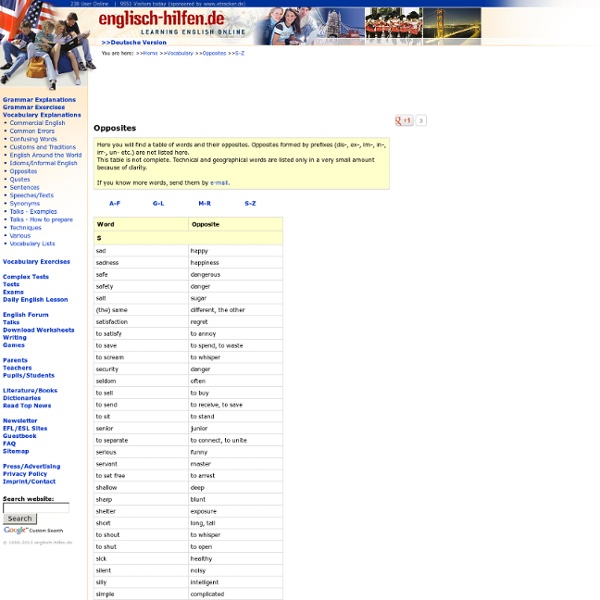



Can, Could and Be Able To Exercise We ______________ go to the party. We're going to a wedding. will can't won't be able to couldn't want be able toHe __________ pass the exam if he studied harder. would be able to will be able to canI __________ remember his name. fish 'm not able to can'tThey ____________ go. The weather was too bad. couldn't weren't able to can'tSorry, Teacher. I ____________ do it yet. wasn't able to haven't been able to couldn'tShe _____________ come on holiday next month if her parents give her permission. 'll be able to can't couldThe fishing boat sank but luckily all the crew ____________ save themselves. were able to was able to couldA. Can you lend me some money? Connectives - Verbindungswörter in Englisch Schreibt man einen englischen Text ist es, genau wie im Deutschen, wichtig, dass man nicht „abgehackte“ Sätze schreibt oder sie immer nur mit „und“/„aber“ verbindet. Um stilistisch besser zu schreiben sollte man einige Verbindungswörter – im Englischen ‘connectives‘ genannt – kennen. Diese können natürlich sowohl am Anfang oder in der Mitte als auch am Ende eines Textes stehen und unterschiedliche Intentionen ausdrücken. Für den Beginn eines Textes verwendet man beispielsweise: Außerdem gibt es eine Reihe von Überleitungen: Zum Ausdrücken von Gegensätzen kann man folgende Konnektoren benutzen: Um Gründe und Zwecke auszudrücken sind diese wichtig: Sich auf andere Sachen beziehen kann man mit diesen Ausdrücken: Und diese benutzt man für genauere Erläuterungen oder Verweise: Zum Beenden eines Textes/Zusammenfassen sind schließlich diese wichtig: Es gibt natürlich eine Reihe von weiteren ‘connectives’, aber die Wichtigsten sind hier zusammengefasst worden.
Make, do, have, take FCE (First Certificate) Collocations make, do, have and take There are some general rules for this, but mainly you need to remember lots of fixed expressions. Look at the information in the table for a couple of minutes and try to remember the words. Make is also used with most nouns for ways of speaking/planning. But, have is used with most nouns which involve a two-way discussion. We also often use have + a + verb (where the verb and the noun are the same). Click here to show/hide this information Sorry - this exercise uses Javascript. When you are ready, hide the information above and test yourself here. You might get the same question twice (or even 3 times!) Practice make, do, have, take Go back to FCE List English Grammar Welcome to our English grammar page! Here you can find links to our most popular grammar pages, and links to essential grammar (and grammar exercises) by level. Basic English Grammar Start here if you're a beginner, or if you need to refresh your knowledge of English. Learn how to use the verb “to be” and make sure you can use it in positive, negative and question forms. Now move on to nouns. Now you're ready to improve your speaking and communiction! Elementary English Grammar This section completes the essential English grammar you need to speak in most, everyday situations. Start with Giving instructions to learn how to use the imperative form in English. At this stage, you'll also increase your knowledge of modal auxiliaries and new tenses. Go to Present Continuous to learn when to use the Present Continuous tense, and how to form the positive, negative and question forms. Pre-intermediate English Grammar Now check that you have a good understanding of the major tenses in English.
Solgrammatik Grammar: differences between could and can By Jonathan Marks An article discussing the differences between 'could' and 'can' when expressing possibility. How can I explain the difference between 'could' and 'can' when expressing possibility? Most of the time it is clear from the context, but use of can can also express possibility (rather than ability). For example, giving advice answering the question: How can/could I improve my English? Caroline Talbot Taking your examples first, I think the short answer is that: You could listen to the radio emphasizes that this is a suggestion or piece of advice, whereas You can listen to the radio emphasizes simply that this is an option that's available. You could listen to the radio contains more personal involvement and subjectivity; You can listen to the radiois more strictly factual and objective. Similarly, How could I improve my English? Can and could, like the other modal verbs, have developed quite a range of meanings and uses. 1) Ability and possibility 2) Can and Could with: